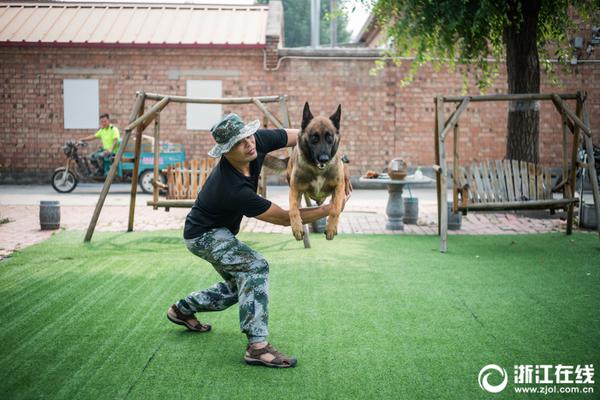The Real-Life Diet of Serge Ibaka
Enter the Toronto Raptors' locker room roughly 75 minutes before tipoff and you’ll find all six feet and ten inches of Serge Ibaka sprawled out in the middle of the floor, setting an iPhone timer to count out his stretches while fixing his eyes on a projector screen showing film of that night's opponent. Even with media members milling about, cameramen filming, and teammates walking to and fro, Ibaka and his trusty foam roller somehow remain undisturbed.
The 28-year-old forward began piecing together his routine in Oklahoma City, where he spent the first seven years of his career before being traded to Orlando in in the summer of 2016. (Ibaka was again dealt at the trade deadline last February, this time to Toronto, and he elected to re-sign with the team during the offseason.) As rapid changes in the NBA have forced big men from the paint to the perimeter with increasing frequency, Ibaka has tweaked his training here and there, but the core elements—which include the pregame consumption of exactly three pieces of fruit, and a postgame session in the nearest available cold tub—look very much the same. He recently spoke with GQ about his carefully-crafted diet, his evolving role in the league, and his steadfast dedication to finding time for the weight room.
GQ: Before every game, you walk through the locker room with fruit in hand, and there’s always more sitting in your locker. Is this an every-game thing?
Serge Ibaka: An hour and a half before games, I always eat fruit—a banana, an apple, and an orange—because I’m trying to get natural energy. You get natural sugars and natural energy from that.
Do you ever look around at what your teammates are eating? I know DeMarre Carroll was always eating pregame sushi in the locker room when he played here.
[Laughs] Yeah, I always give them a hard time. I’m like, Man, how can you eat fried chicken before a game? But I think it doesn’t matter for them. If they still play well, it doesn’t matter. I think it’s just about routine, and about what you’re used to mentally.
You also always have a collection of water bottles in your locker.
I have to stay hydrated It’s very important for anyone, but especially athletes! We sweat a lot, and we need it.
Where did your current routine come from?
Every year you learn something. Sometimes, it's from the vets on your team—eating fruit is something I picked up from Derek Fisher [in Oklahoma City]. Also, as you play more years in the league, you start learning from your body. You know when you eat something and your body feels good, so you keep it going.
Has your diet or training changed as your game has evolved? When you came into the league, you were mainly stationed under the basket, and now you’re playing around the perimeter. How does this change the way you train?
I have to be a little leaner. It’s a different way to play, at the four and at the stretch five, and the team wants me to be out there. On defense, I have to switch—with the guards, and with the three, four, and five. I have to be quick, but still have to have strength to play against centers. I have to maintain a weight that feels good for me.
Does that mean more cardio than lifting, or do you mainly get your cardio from games during the season? When you did the ESPN The Body cover a few years ago, you mentioned your love for weight training. Did that have to change?
I don't do more cardio, because we get that from playing. But it does change the way I lift. I used to do it all the time, with heavier weights—I used to do it too much. Now, I lift less, and do fewer repetitions. No overdoing it. I love lifting! I feel confident when I do it, and I don't like the fact that I can't get bigger.
When you came into the league, did you ever think your game would look like it does now?
I had to work on my game to get ready for the league, and now the whole league has changed. Even centers are shooting threes, playing outside, and putting the ball on the floor. You have to guard against that, too! It’s not like how you used to just go in the post.
What is your diet on a typical game day?
First breakfast, then a pregame meal. For breakfast, I start with avocados, berries, and then omelettes. Pasta for lunch—I like alfredo sauce. After the game is when I’m free, and can eat whatever I want. I'm... still pretty healthy, though.
After games, you spend a lot of time in the training room, and are usually the last guy to return to the locker room. What’s the most important thing you do to feel you're at your best?
I could do something different, but after games, I go lift. I love to lift after games. Taking care of my body helps me to focus. I lift, and then ice, and then hop in the cold tub—always the cold tub. It takes time to do all those things, but it helps me to stay ready.
Do any teammates make fun of you for how long your routine takes?
[Laughs] Oh, they make fun of me. "Get out! Get out! Go home!" [Pantomimes teammates shooing him out of the training room] It happens everywhere. When I was in Oklahoma City and Orlando, it was the same thing. "You have to go home. Go home!" Cory [Joseph] would always say something like, "Man, you’re going be here till the next game starts."

